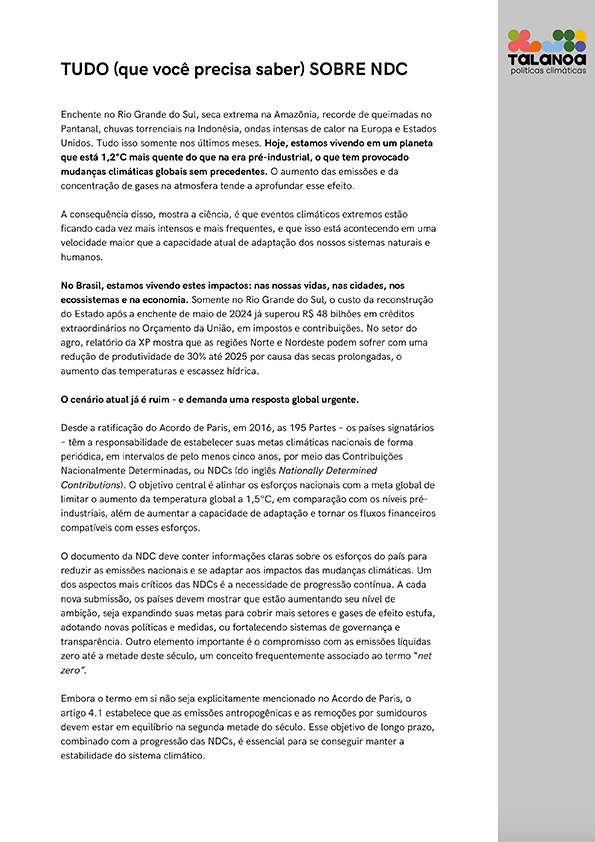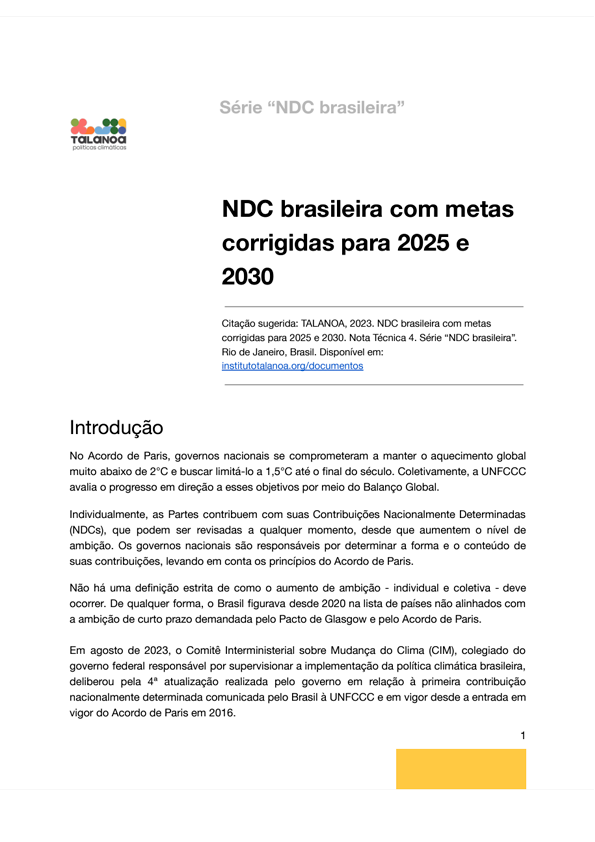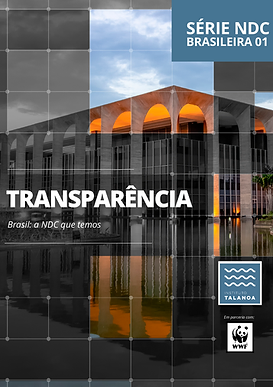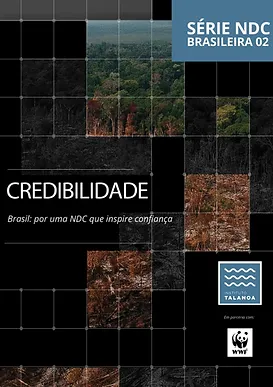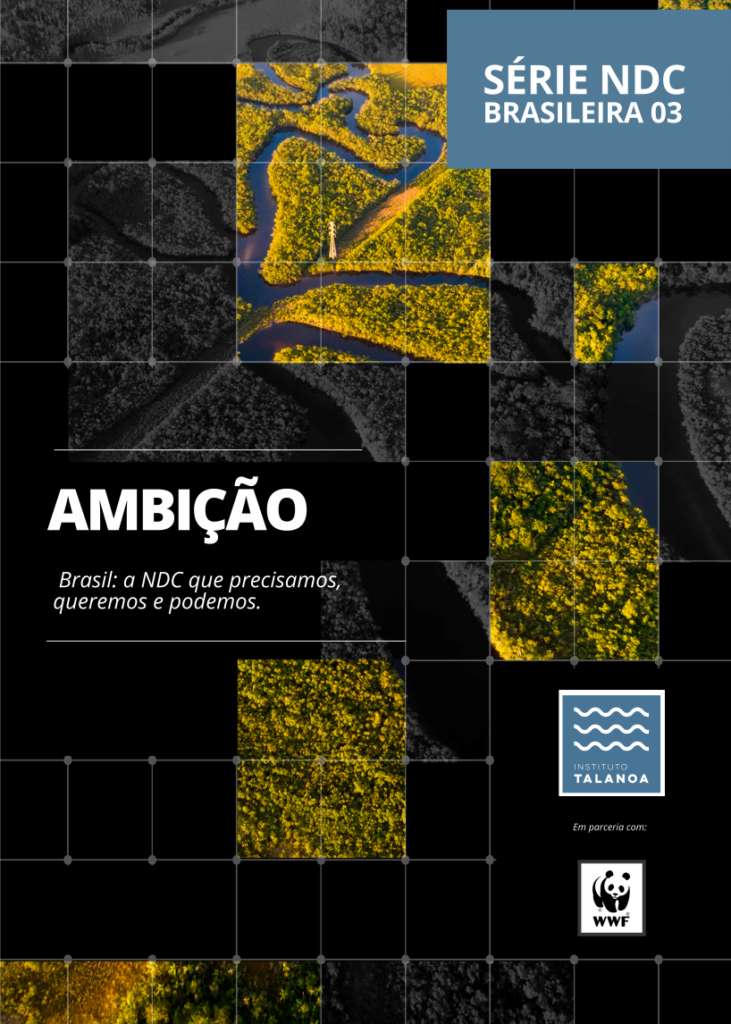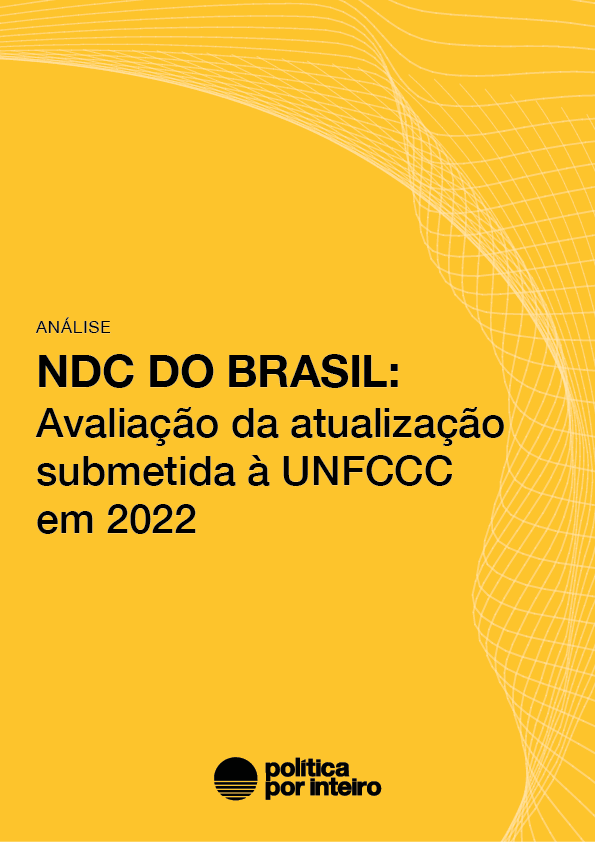Brazil announces imprecise mitigation targets for 2035 and remains silent on energy transition
- Análises, NDC, Nossa Descarbonização
- 8 de novembro de 2024
On Friday evening (8), the Brazilian government announced its greenhouse gas mitigation targets for 2035. These will form part of the country’s new Nationally Determined Contribution (NDC), which is expected to be submitted to the Framework Convention in the coming days.
In an announcement on the Planalto website, the government disclosed its target for reducing GHG emissions to a range between 1,050 and 850 gigatonnes of carbon dioxide equivalent (GtCO₂eq) by 2035. This represents a reduction of 39% to 50% compared to 2019 net emissions (1,712 GtCO₂e). According to the Intergovernmental Panel on Climate Change (IPCC) and the first Paris Agreement Global Stocktake, cuts reaching 60% by 2035 from 2019 levels are recommended.
Emission reduction targets as a range are rare in NDCs and more common in economic contexts, like monetary policy, to limit variations. However, for national GHG emission reduction targets, setting an upper limit runs counter to the core goal: to reduce emissions as quickly and deeply as possible. The focus should be on accelerating the trajectory toward net zero emissions, without limits that could suggest stagnation in the process.

Additionally, other central points to determine if the NDC aligns with 1.5°C, i.e., if it meets the Paris Agreement’s goals and the Global Stocktake results, were absent from the announcement. Clear commitments to adaptation and phasing out fossil fuels are needed.
“Brazil is taking the lead by announcing mitigation targets for 2035, reaffirming its commitment and presenting concrete steps toward ending deforestation this decade. However, the range-based target and the Brazilian government’s silence on transitioning away from fossil fuels reveal weaknesses. We hope for a positive surprise in the document to be submitted to the UNFCCC by the future COP30 Presidency. Brazil, alongside the Troika, needs to act to close the ambition gap — there’s no time to lose,” states Natalie Unterstell, president of the Talanoa Institute.
For more information, follow Política por Inteiro channels






